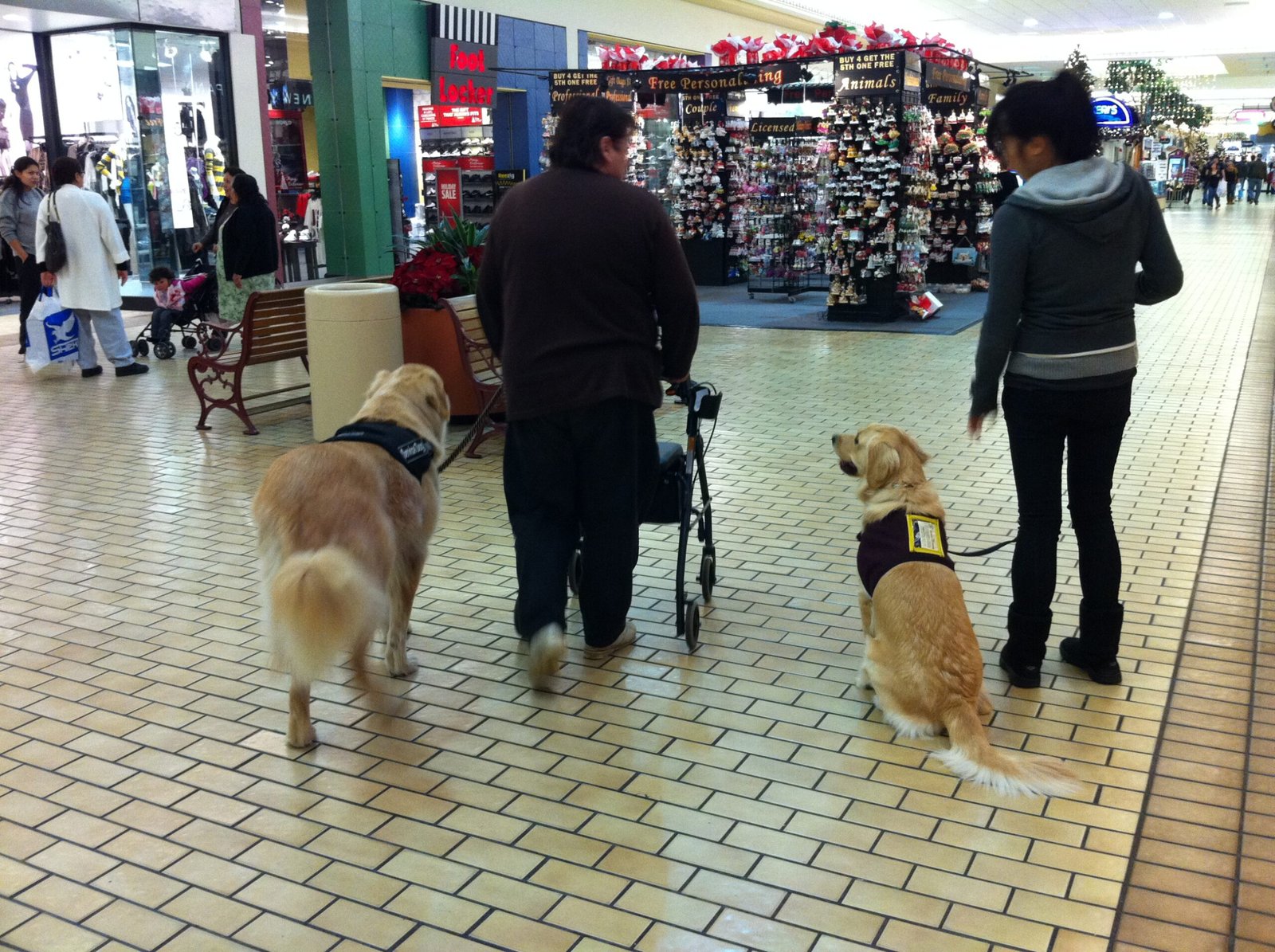Have you ever heard of a superhero with four legs, a wiggly nose, and a tail that wags with every heartbeat? In the world of medicine, such heroes exist—and they’re called dogs. These furry detectives are turning the world of disease detection upside down, sniffing out illnesses with a level of accuracy that often baffles scientists. From diabetes to cancer, their noses are saving lives in ways that seem almost magical. Let’s take a joyful walk through the amazing world of twelve dog breeds that are leading the way in sniffing out diseases, proving once again that man’s best friend might just be a doctor in disguise.
Labrador Retriever
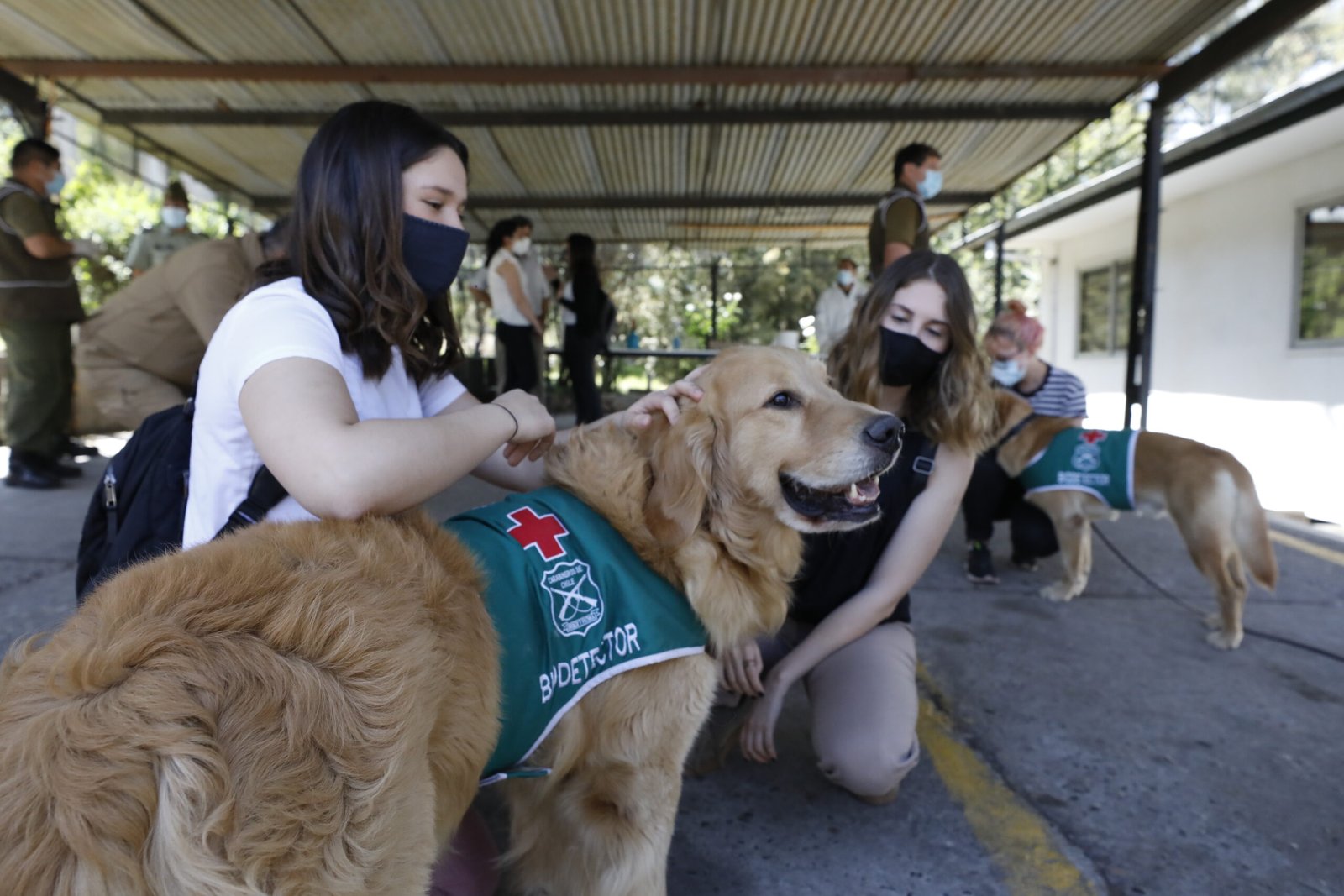
Labrador Retrievers are the gold standard when it comes to disease detection. Their friendly nature makes them perfect partners for both children and adults who need medical assistance. Labs have an extraordinary sense of smell, which helps them identify everything from low blood sugar in diabetics to the unique scent of certain cancers. Their eagerness to please and boundless energy means they never tire of helping their humans. In hospitals and research centers, Labradors are respected members of the team, often working tirelessly to alert their handlers to subtle changes. Their training is intensive, but their natural intelligence and desire to help make the process smoother. Labs truly embody the spirit of service with a wagging tail and a big, loving heart.
German Shepherd
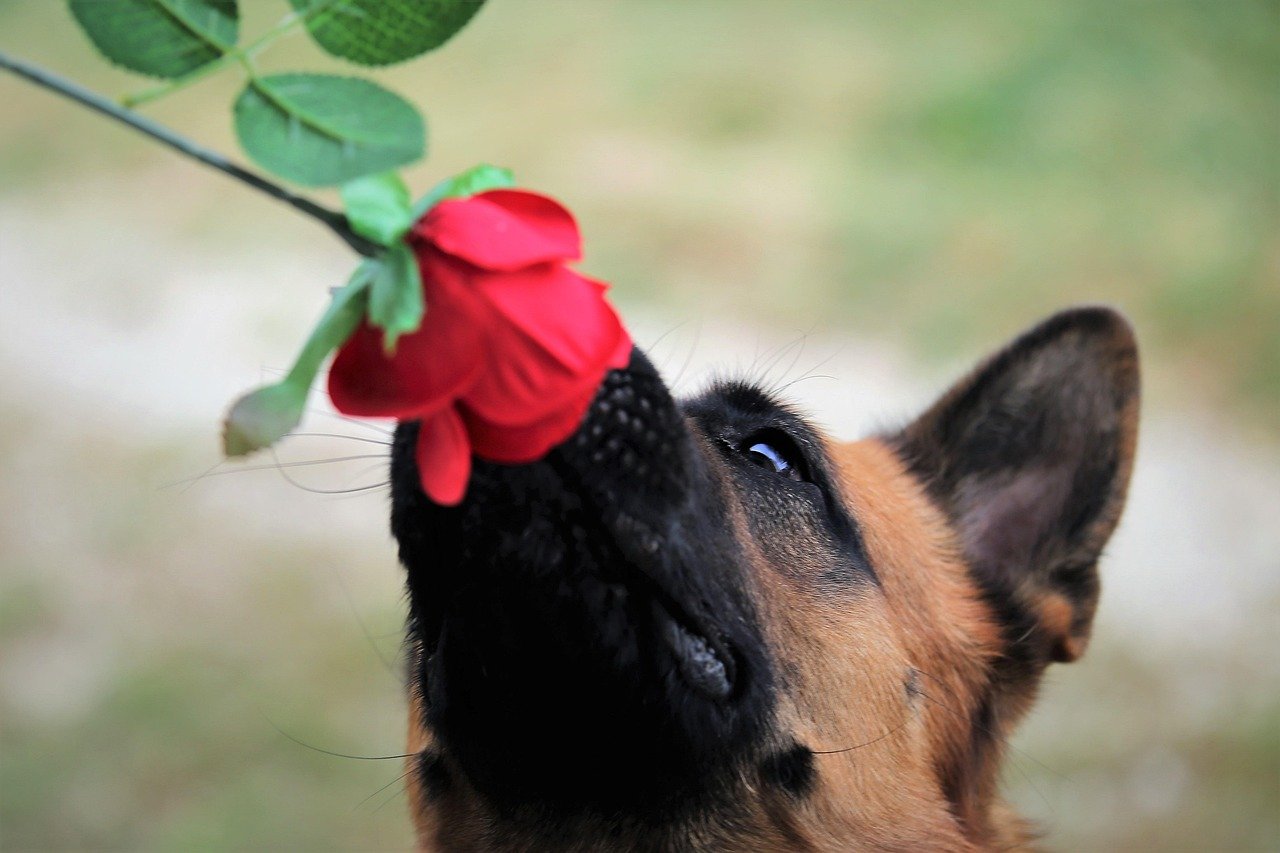
German Shepherds are more than just police dogs—they’re also disease detectives. Their sharp noses and unwavering focus make them ideal for medical detection work. German Shepherds are known for their loyalty and intelligence, which is essential when learning to identify complex scents associated with diseases like prostate cancer or malaria. They form a strong bond with their handlers, making communication about potential medical threats almost seamless. With their disciplined attitude, German Shepherds can work in various environments, from hospitals to research labs, providing timely alerts. Their courage is legendary, and they approach every task as if it’s their most important mission. Watching a German Shepherd at work is like seeing a finely tuned machine powered by love.
Beagle
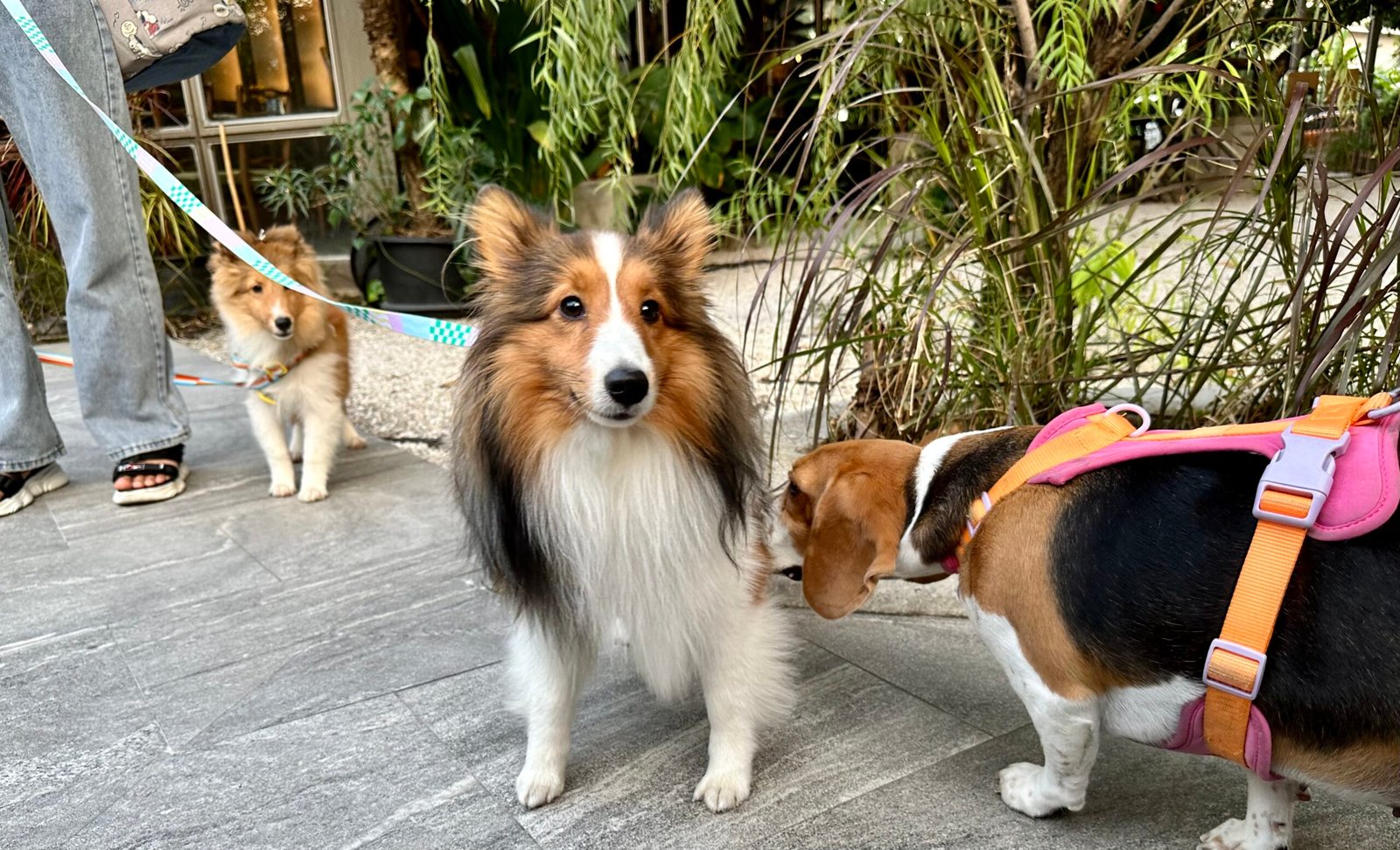
Beagles may be small, but their noses pack a punch! Originally bred as scent hounds, Beagles are experts at following their noses, which has made them invaluable in disease detection programs. Their compact size allows them to maneuver through crowded spaces, such as airports or hospitals, with ease. Beagles are especially good at detecting infectious diseases like tuberculosis. Their cheerful disposition puts patients at ease, even in stressful situations. Training a Beagle is a joyful experience because they love treats and praise, making learning a game. These dogs prove that you don’t have to be big to make a big difference in people’s lives.
Golden Retriever
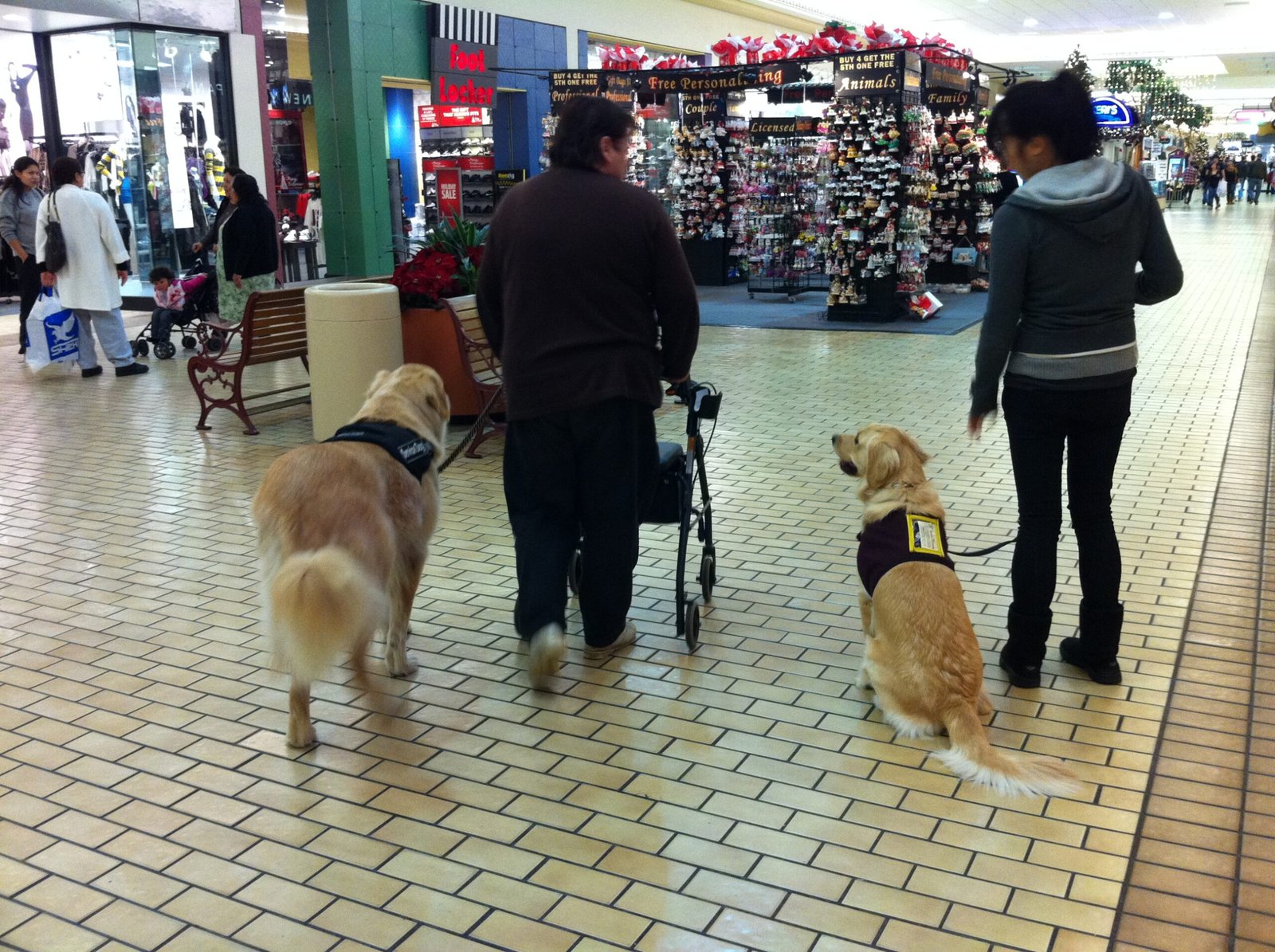
Golden Retrievers are known for their sunny personalities and gentle touch, but they’re also secret geniuses when it comes to sniffing out diseases. Their keen sense of smell has been harnessed to detect cancer, as well as to alert people with diabetes to dangerous drops in blood sugar. Golden Retrievers excel in environments where compassion is critical, such as children’s hospitals or hospices. Their patience and empathy make them beloved by patients and medical staff alike. Training sessions with Goldens are filled with tail wags and happy faces, making even hard work feel like play. It’s no wonder these dogs are so often chosen for disease detection—they truly care about the people they help.
Belgian Malinois
Belgian Malinois are the unsung heroes of the disease detection world. With an intense drive to work and an exceptional sense of smell, these dogs are often chosen for specialized tasks, including sniffing out infectious diseases or early-stage cancers. Malinois are agile and highly alert, enabling them to navigate busy environments such as airports or clinics. Their sharp minds allow them to pick up new scents quickly, and their strong work ethic means they won’t rest until the job is done. While they are best known for their roles in security, their talents are just as valuable in the medical field. Malinois prove that determination and focus can make a real difference in the world.
Poodle
Poodles are not just show dogs—they’re brilliant disease detectors, too! Their curly coats may steal the spotlight, but their real superpower lies in their astonishing olfactory skills. Poodles are often used to detect hypoglycemia in diabetics, giving early warnings before dangerous episodes occur. Their hypoallergenic fur makes them a great choice for working with people who have allergies. Poodles are quick learners, eager to please, and thrive on mental stimulation, which makes training them both fun and effective. They bring a sense of elegance and intelligence to any team, reminding us that brains and beauty can go hand in hand.
Springer Spaniel
English Springer Spaniels are bubbling with energy and curiosity, two traits that make them outstanding disease detectives. Their enthusiasm for sniffing out hidden treasures translates beautifully to medical detection work, where they are often trained to recognize the scent of cancer cells or even COVID-19. Springer Spaniels are remarkably persistent, never giving up until they’ve found what they’re searching for. Their gentle demeanor helps them bond with patients, making them a comforting presence in stressful situations. These dogs thrive on praise and affection, turning every successful detection into a celebration. Working with a Springer Spaniel feels like teaming up with your most energetic and supportive friend.
Border Collie
Border Collies are the Einsteins of the dog world, and their intelligence gives them an edge in disease detection. Their agility and quick thinking allow them to adapt to new scents and tasks with ease. Border Collies have been successfully trained to detect changes in breath or sweat that indicate the presence of certain diseases. Their high level of energy means they’re always ready for action, and their unwavering focus ensures they rarely miss a cue. Collies form deep bonds with their handlers, making communication smooth and efficient. These dogs bring a sense of excitement and dedication to every job, proving that brains really do matter.
Cocker Spaniel

Cocker Spaniels may be best known for their soulful eyes and silky ears, but they also possess a keen sense of smell that’s perfect for disease detection. Their smaller size makes them suitable for working in tight spaces, such as hospital wards or clinics. Cocker Spaniels are used in research to detect diseases like cancer and even certain bacterial infections. Their playful nature helps ease the tension in medical settings, turning a potentially frightening experience into something more manageable. They’re eager to learn and quick to understand new scent cues, making training sessions enjoyable for both dog and handler. Cocker Spaniels show us that even the sweetest dogs can have a serious side when it comes to saving lives.
Dachshund
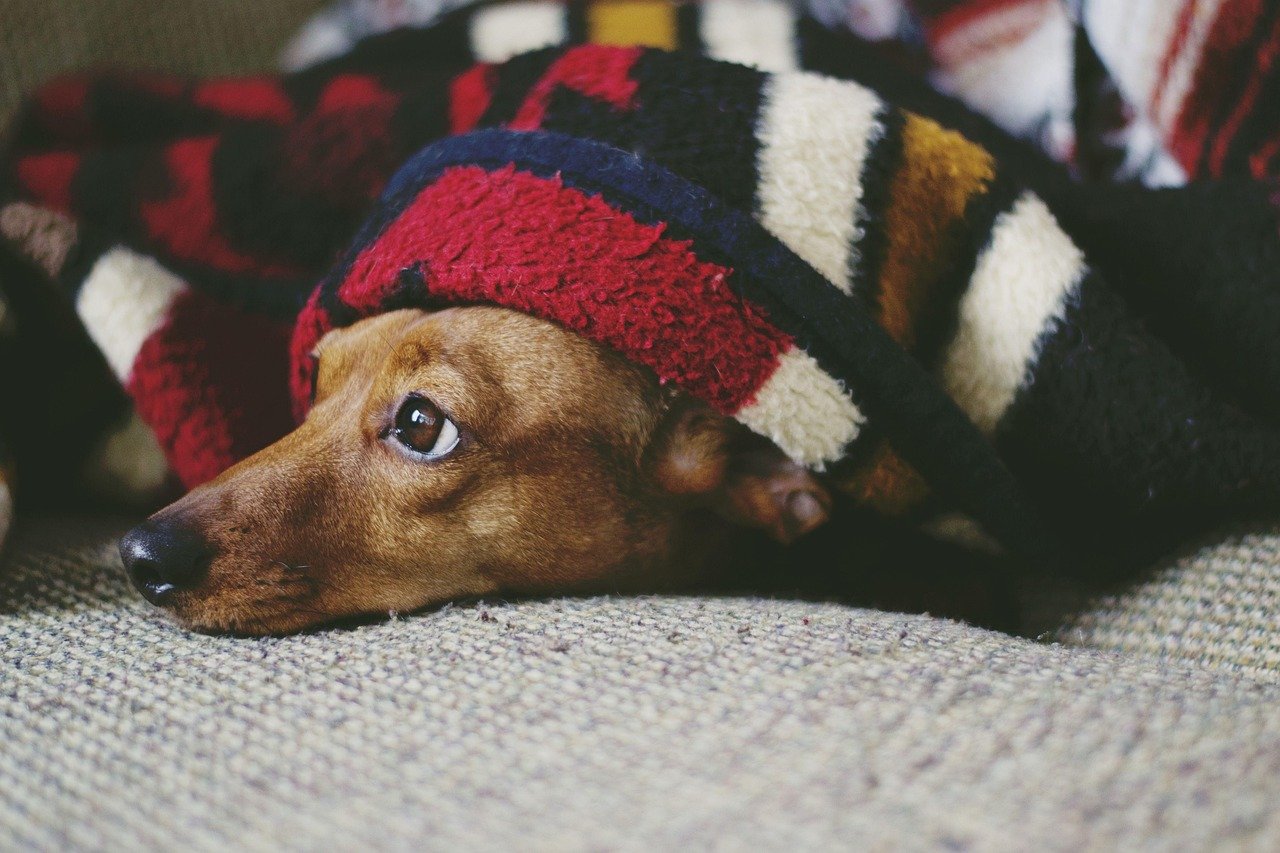
Dachshunds might seem like unlikely disease detectors with their long bodies and short legs, but don’t let appearances fool you. Originally bred to hunt badgers, they have a highly developed sense of smell that’s easily redirected toward medical detection. Dachshunds have been involved in studies for detecting cancers and identifying bacterial infections. Their compact size allows them to get up close to people, making them very effective in one-on-one situations. Despite their sometimes stubborn nature, Dachshunds are incredibly determined when given a task. Their playful attitude brings a smile to everyone they meet, making tough times a little bit easier to bear.
Bloodhound
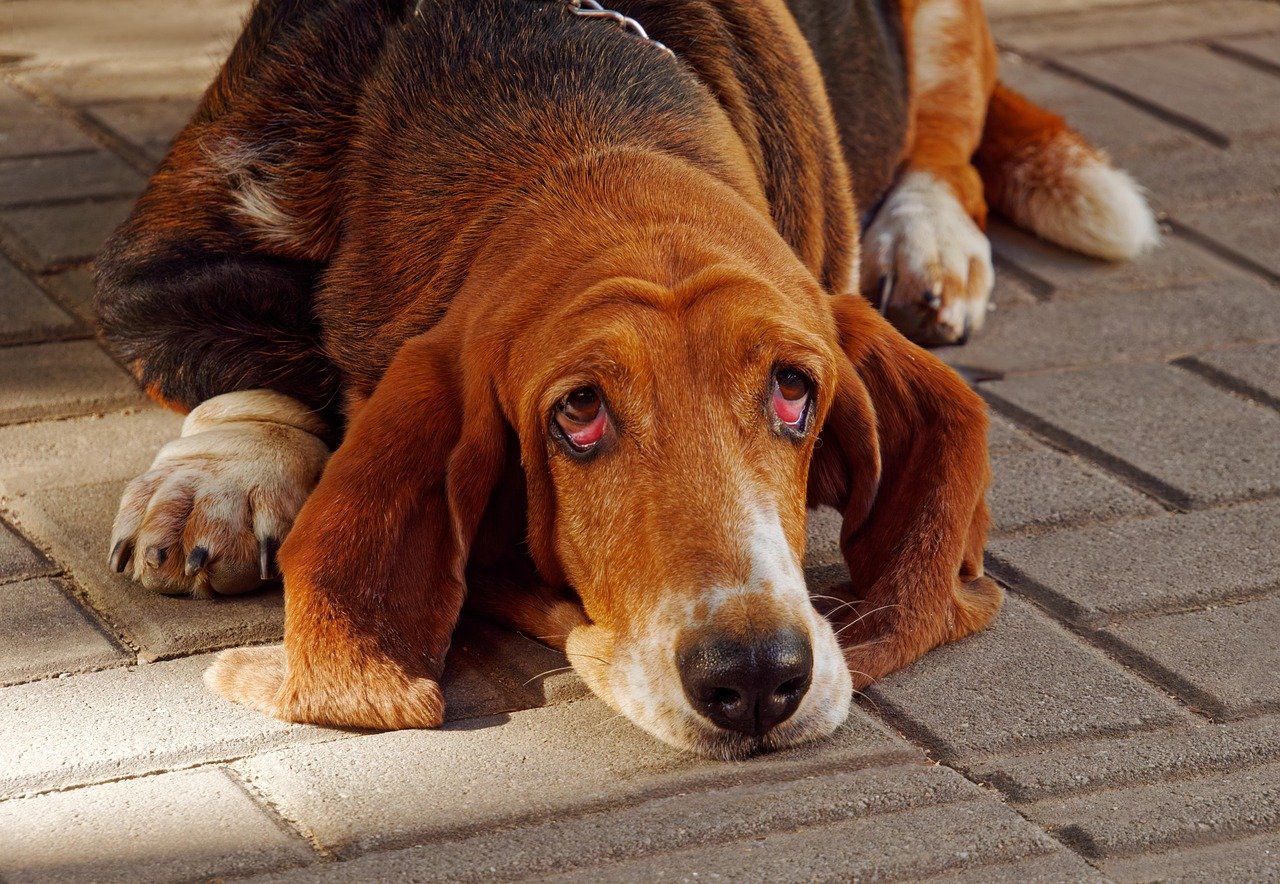
Bloodhounds are legendary for their ability to follow a scent for miles, and this skill translates beautifully to the world of disease detection. Their noses are among the most sensitive in the animal kingdom, able to pick up even the faintest chemical changes that signal disease. Bloodhounds have been used in experimental programs to detect cancer and other illnesses with astonishing accuracy. Their calm and patient demeanor makes them ideal for working in busy hospitals or clinics. People are often amazed by the dedication and focus these dogs bring to their work. Bloodhounds remind us that sometimes, the classics really are the best.
Jack Russell Terrier
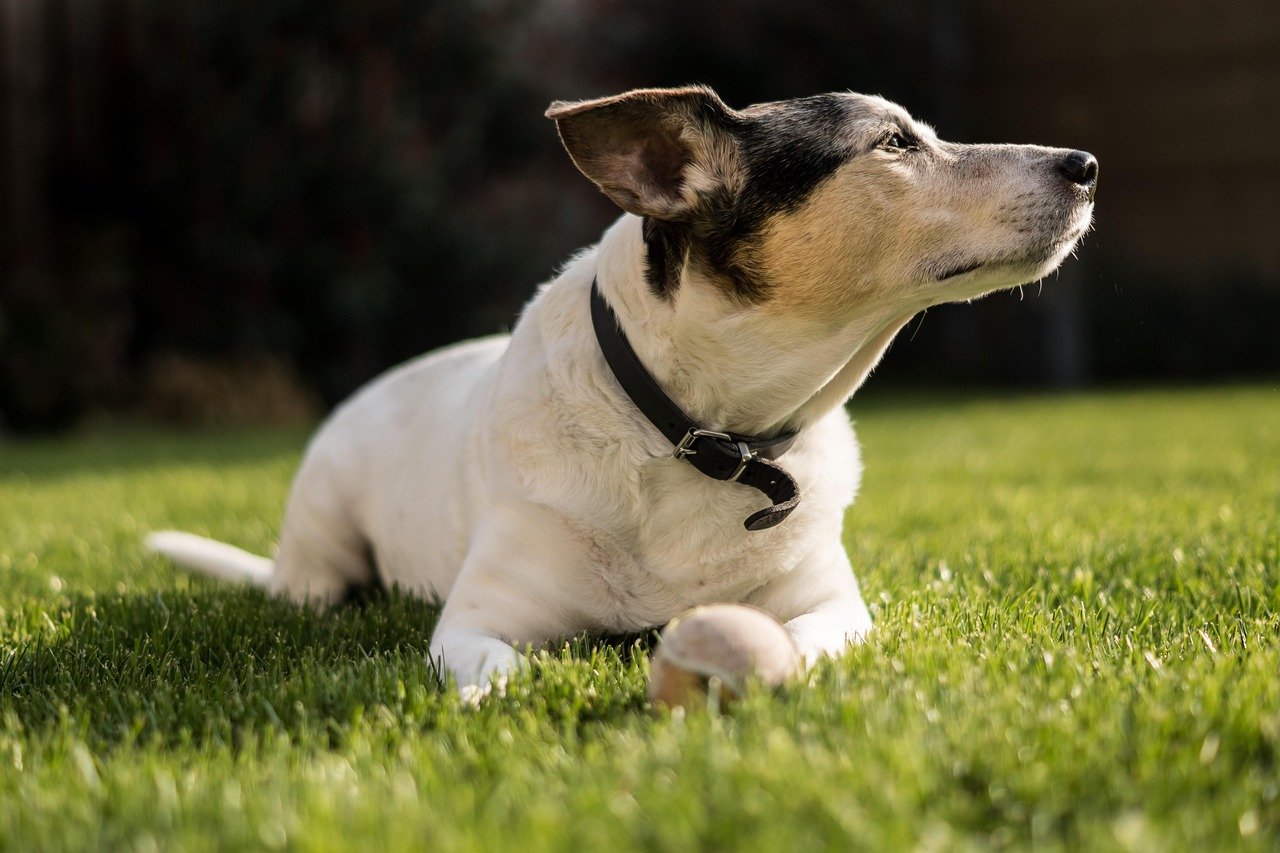
Jack Russell Terriers are tiny dynamos with a giant sense of smell and an even bigger heart. Their lively personalities make them a joy to work with, and their tenacity means they never give up on a task. Jack Russells have been trained in research programs to detect diseases like cancer and even the scent of seizures before they happen. Their small size allows them to work closely with patients, providing both detection and emotional support. Jack Russells are quick learners and thrive on challenges, making every day an adventure in disease detection. Their boundless enthusiasm is contagious, spreading hope and happiness wherever they go.

Born and bred in South Africa, a Capetonian at heart. Amy-Leigh’s love for nature and animals was inherited from her Dad. He loves taking the family on road trips to experience nature at its finest; Amy-Leigh’s favourite being whale watching in Hermanus and spotting Kudu along the West Coast. Amy-Leigh holds a BA in English Literature and Communication Studies.

